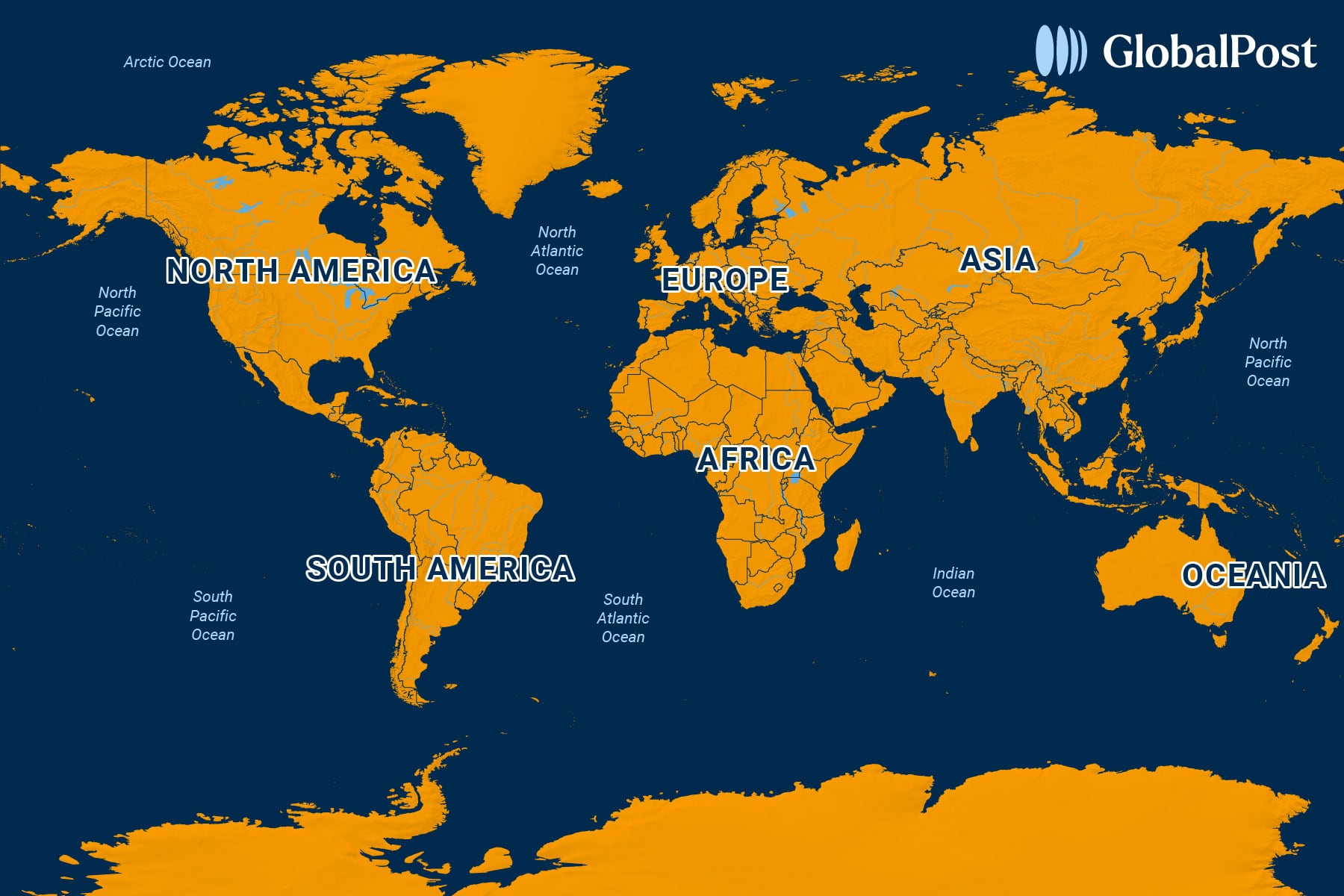UN Court Says Nations Can Be Held Liable for Harming the Environment

The International Court of Justice (ICJ) ruled this week that countries have a legal obligation to prevent environmental harm and may be held accountable for failing to do so, a landmark decision that paves the way for vulnerable nations to seek compensation for losses linked to climate change, CBS News reported.
On Wednesday, the court’s 15 judges unanimously issued the non-binding advisory opinion, affirming that countries must use all available means to prevent activities within their jurisdiction or control from causing major harm to the climate system.
The United Nations tribunal said countries failing in this duty must provide full reparations to those affected. It also maintained that existing environmental treaties, such as the 2015 Paris Agreement, do not shield polluters from accountability, adding that even countries not party to such agreements must still meet equivalent obligations under customary international law.
The case was brought to the court by the UN General Assembly at the urging of Pacific Island nations led by Vanuatu and traces its origins to a 2019 campaign initiated by law students from the region.
Although Vanuatu contributes less than 0.0004 percent of global emissions, it has endured devastating climate impacts, including three cyclones that were Category 4 or higher in 2023, and which cost the nation more than $400 million in economic damages.
Analysts explained that the decision, although non-binding, carries legal weight and can serve as a touchstone for a new wave of climate litigation.
While the ICJ cannot enforce compensation unless both parties accept its jurisdiction, the advisory opinion provides a legal precedent for other tribunals.
Legal scholars suggested it could be cited in domestic courts around the world to support claims for compensation and climate justice, especially in countries where large emitters are headquartered.
The decision will likely feature prominently in upcoming global negotiations, including the COP30 climate summit in Brazil this November.
Plaintiffs and climate advocates also hailed the ruling as “a lifeline for Pacific communities on the frontline.”
Vanuatu’s Minister of Climate Change, Ralph Regenvanu, welcomed the verdict, calling it “just the beginning,” and urged coordinated diplomatic and legal follow-ups to enforce the court’s findings.
Environmental lawyer Joie Chowdhury told the BBC that the opinion was “a watershed legal moment,” adding that it “delivers a historic affirmation: those suffering climate devastation have a right to remedy, or climate harm, including through compensation.”
Even so, observers remain cautious about how the compensation will be measured and if countries – particularly developed ones – will respect the ICJ’s opinion.

Subscribe today and GlobalPost will be in your inbox the next weekday morning
Join us today and pay only $46 for an annual subscription, or less than $4 a month for our unique insights into crucial developments on the world stage. It’s by far the best investment you can make to expand your knowledge of the world.
And you get a free two-week trial with no obligation to continue.
